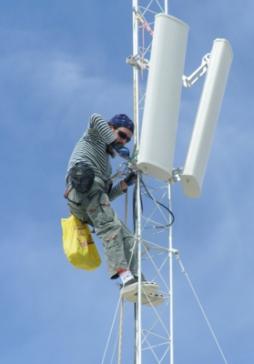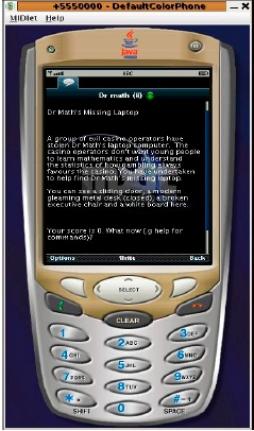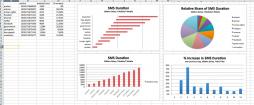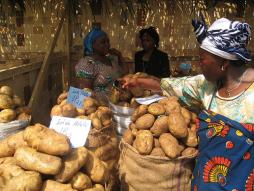Activists, rights defenders, and journalists use mobile devices for reporting, organizing, mobilizing, and documenting. We have written about many of these uses for years now, describing how mobile phones provide countless benefits to activists and rights defenders. Mobile tech is relatively low cost and allows for increased efficiencies and vast reach, for example. But, there is a darker side.
Mobile Phones present specific risks to rights defenders, journalists, and activists. We believe that is is critically important to know that mobile communication is inherently insecure and exposes rights defenders and those working in sensitive environment to risks that are not easy to detect or overcome.
To address mobile safety and security for rights defenders, we are introducing SaferMobile, to help activists, human rights defenders, and journalists assess the mobile communications risks that they are facing, and then use appropriate mitigation techniques to increase their ability to organize, report, and work more safely.
What is SaferMobile?
- Online and offline educational and tactical resources (risk evaluation tools, case studies, how-to guides, security tool reviews);
- Trainings and curricula for use in various countries and with different constituencies;
- Specific mobile security software focused on the needs of rights defenders, activists, and journalists.
As will all that we do, we believe that there certain values and principles that are paramount in this work. For SaferMobile, we are following these principles:
- We believe that skilled, trained, and knowledgeable activists, journalists, and rights defenders are key to democratic changes. We also believe that the smart and effective use of technology constitutes an integral piece of their skill set.
- The better activists, journalists, and rights defender are able to work, the more safely they are able to organize and communicate, the more likely it is that their work is effective and heard.
- We are committed to accessible, useful, actionable, and technically accurate and secure content, materials, and software.
- We are also committed to describing technological vulnerabilities in terms that non-technical users can easily understand.
- We work with activists on the ground to ensure that the content we produce addresses real uses and risks.
- We also seek responsive connections between activists and security professionals so that both are more able to assess and respond to changing risks.
- Lastly, we are maintaining information that reflects current security risks and technological vulnerabilities and is vetted for security and technological accuracy by knowledgeable experts.
Roadmap and Process
The SaferMobile project is just beginning its second Phase. Phase 1 included needs assessment with users and peers – activists, rights defenders, journalists, technologists, security experts, and mobile developers. Through this research, we outlined plans for web content, training curriculum and tools (software) and are now creating these pieces in Phase 2 of the project (May-August 2011).
Our approach is iterative and open – we work as a team to develop ideas and welcome review and comments from peers.





